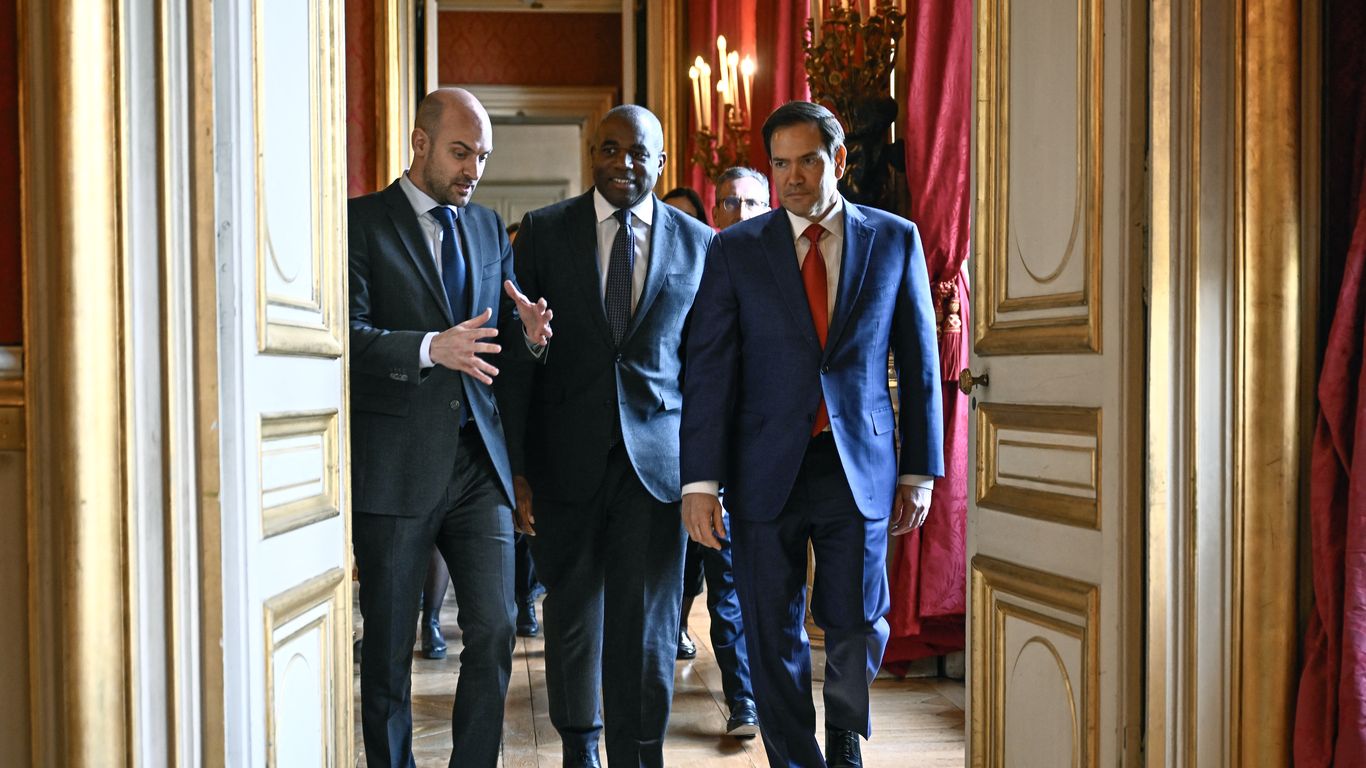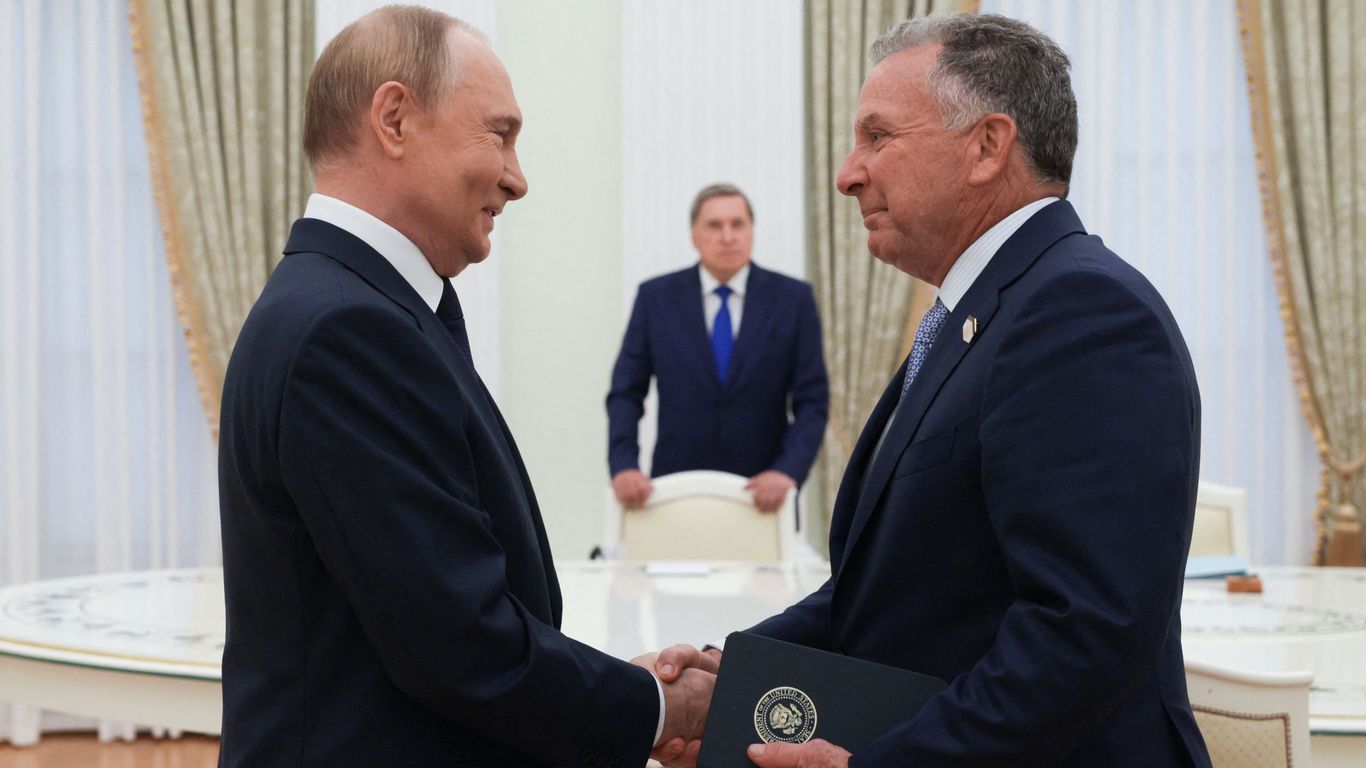Europe's 'Snapback' Sanctions on Iran's Nuclear Deal: Key Details and Potential Impact

Introduction
The recent decision made by Britain, France, and Germany to notify the U.N. Security Council about Iran's violation of the 2015 nuclear deal has caused quite a stir in the international community. This move, known as the 'snapback' sanctions, is believed to be a consequence of Iran's continuous refusal to comply with the terms of the deal.
Key Details
The three European countries have clearly stated that they have no intention of reviving the sanctions that were previously lifted under the deal. However, they have expressed their concerns about Iran's increasing nuclear activities and their failure to provide adequate explanations for them. This has led to a joint decision to notify the U.N. Security Council, which could result in the re-imposition of sanctions on Iran.
Impact
The repercussions of these 'snapback' sanctions could be far-reaching for both Iran and the international community. While it may not directly affect the current nuclear deal, it could strain diplomatic relations and further escalate tensions in the already volatile region. It could also have economic implications for Iran, as the sanctions could potentially impede their ability to trade with other countries.
About the Organizations Mentioned
U.N. Security Council
## Introduction to the U.N. Security Council The United Nations Security Council (UNSC) is a pivotal organ of the United Nations, tasked with maintaining international peace and security. Established after World War II, the UNSC is composed of 15 members: five permanent members (China, France, Russia, the United Kingdom, and the United States) and ten elected members selected by the General Assembly for two-year terms[1][2][3]. ## History and Functions Historically, the UNSC was created to address the failures of the League of Nations in preventing global conflicts. Its primary responsibility, as outlined in Article 24 of the UN Charter, is to maintain international peace and security through various means, including mediating disputes, imposing economic sanctions, and authorizing military interventions[2][5]. During the Cold War, the UNSC was often paralyzed by the veto power of its permanent members, but it has since played a crucial role in numerous peacekeeping missions around the world[5][7]. ## Key Achievements The UNSC has been instrumental in several significant peacekeeping operations, such as those in Korea, the Congo, and more recently in Kuwait and Bosnia. It has also addressed issues like disarmament and electoral assistance in post-conflict regions[3][5]. Despite its achievements, the UNSC faces challenges in effectively responding to contemporary crises, such as the Syrian civil war and the Russian invasion of Ukraine, due to the veto power of its permanent members[3][4]. ## Current Status Today, the UNSC continues to evolve in response to emerging global threats, including terrorism and human rights violations. However, its effectiveness is often hampered by the veto power of its permanent members and the need for reform to better represent the global community[3][4]. The UNSC remains a critical component of international relations, but its ability to act decisively is frequently questioned in the face of complex global challenges[4][7]. ## Notable Aspects














